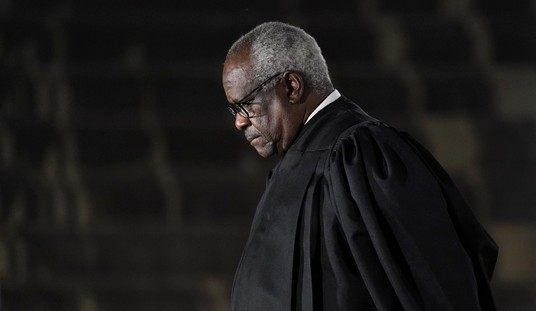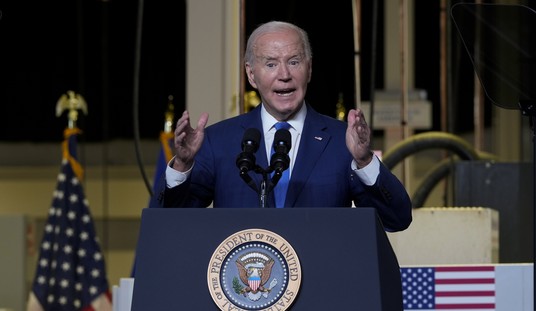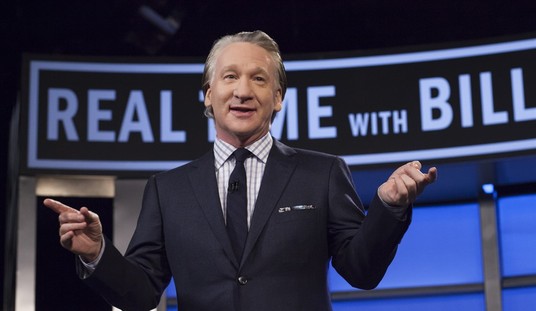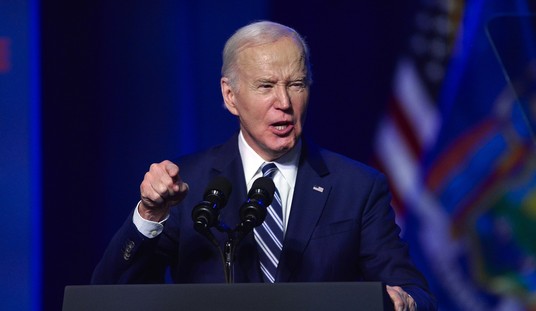“We don’t know what we’re getting paid this year and we need to get systems in place before the bad news,” said Bell, a 55-year-old dermatologist who practices in Murfreesboro, Tennessee, a city of more than 100,000 southeast of Nashville. The American Medical Association, the largest U.S. group for doctors, said today “many” physicians will limit patients.Annual fee reductions beginning in 2002 were baked into a formula that Congress approved in 1997 to slow growth in government spending. Starting in 2003, lawmakers have delayed the reductions, which accumulate as a result. That creates a dilemma while President Barack Obama is promising to rein in health-care costs, said Paul H. Keckley, head of the Deloitte Center for Health Solutions, a research arm of Deloitte LLP.
“If you look at the numbers we’ll spend on Medicare, it’s the single biggest spending in health care,” Keckley, who is based in Washington, said in a Jan. 28 interview. “We aren’t zeroing in on this and finding a way to reduce costs without compromising care.”
Recommended
According to the Centers for Medicare and Medicaid Services, the cost of Medicare is expected to grow 1.5 percent this year to $514.7 billion--the equivalent of 1 out of every 5 dollars spent on health care in the U.S. Without the cut, Medicare spending would grow 5.1 percent.
Bottom line: There is a serious cost-control crisis in Medicare and the only way politicians try to fix it is to cut working physicians' payments. As a result, new primary care doctors are more likely to avoid getting involved in government health care because it doesn't effectively cover their costs--costs that often are passed onto other health care consumers.More and more docs are likely to follow in the footsteps of larger institutions like the Mayo clinic who have stopped accepting Medicare patients altogether.























Join the conversation as a VIP Member